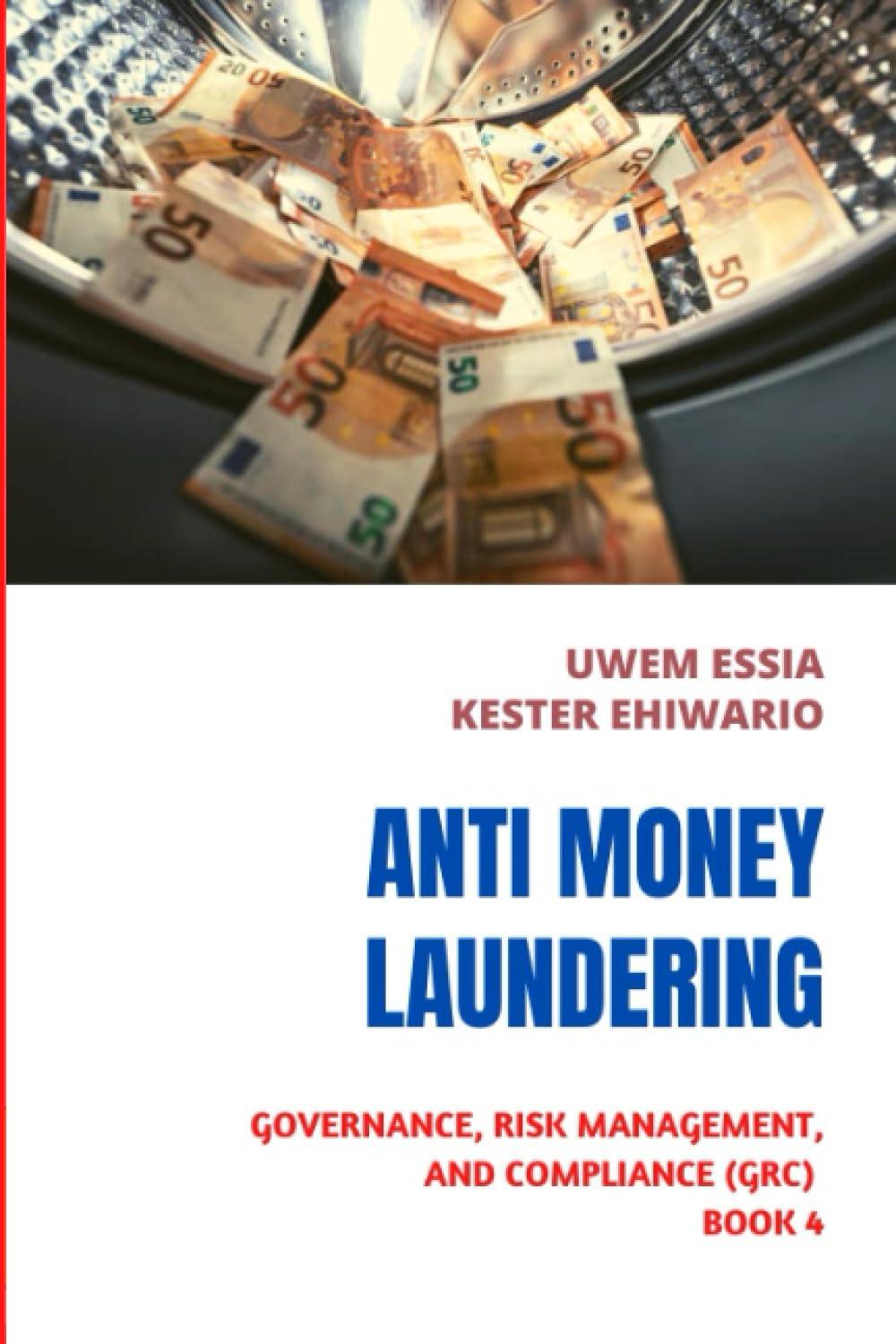Question
Dorion Fresh Water (DFW) sells bottled water that comes from a freshwater spring in the town of Dorion, Ontario. DFW owns the land, and much
Dorion Fresh Water (DFW) sells bottled water that comes from a freshwater spring in the town of Dorion, Ontario. DFW owns the land, and much of the surrounding area, where the freshwater spring is located. In addition, DFW has all of the equipment needed to extract the water from the spring and place it into bottles.
As a young, newly qualified professional accountant, you are looking to get out of public practice and become an active owner/manager of a small business. An opportunity has arisen to purchase all of the common shares of DFW, and you are contemplating this acquisition.
The significant competition in the bottled water market, combined with the relatively small operation of DFW and lack of brand equity, suggest that there is currently no significant goodwill associated with DFWs earnings. Accordingly, the purchase price will be based on DFWs net book value, calculated in accordance with ASPE, with an adjustment for only the fair value of capital assets. Your intention is to use your business network, and social media marketing skills, to expand DFWs operations and increase profitability.
As part of your due diligence, you discovered the following information:
The long-term debt is payable to a local credit union. No payments must be made until the end of 10 years, at which point the principal and all accrued interest are due in full. DFW received $250,000 four years ago to this day, and interest accrues at 6% annually. DFW implemented a new rewards program at the beginning of this year. DFW included a liner under the bottom of each cap. The liner includes the text: (1) free bottle of water or (2) please try again. One in 10 bottles includes a free bottle of water. The promotion was a success. A total of 105,455 bottles were sold during the year, and 4,556 free bottle liners were redeemed. The cost of a bottle of water is $0.75 and the retail value is $1.50. Capital assets are appraised at $485,000 by an independent, qualified third party. The capital stock includes common shares and preferred shares. There are 500 preferred shares with a cost and redemption value of $10 and $12 per share, respectively, and a 6% mandatory, cumulative dividend yield. These shares will be retained by the current owners of DFW. A copy of DFWs most recent internal statement of financial position is presented in Exhibit I. DFW has never had an audit or review.
Exhibit I Internal Financial Statements Statement of Financial Position
As at Year End (unaudited) Assets Current Cash $17,555 Accounts receivable 55,780 Inventory 234,575 Prepaid insurance 2,335 310,245 Capital assets 455,775 $ 766,020 Liabilities and shareholders equity Current Accounts payable and accruals $256,775 Income taxes payable 33,455 290,230 Long-term debt $ 250,000 Capital stock $ 55,000 Retained earnings 170,790 225,790 $ 766,020 Notes to Internal Statement of Financial Position
Inventory Inventory is carried at the lower of cost and net realizable value.
Guarantee/Commitment DFW has provided a guarantee on $50,000 of debt for a related company, Thunder Bay Springs (TBS). TBS has been experiencing financial difficulties, and there is a 10% chance that it may be insolvent within the next six months. TBS is currently working with its bank to refinance its debt and avoid bankruptcy.
Contingencies DFW is being sued by a former employee for wrongful dismissal. The employee is suing DFW for $40,000, and the case is currently in mediation. Legal counsel suggests that it is unlikely that $40,000 will be paid out, but there is a 50% chance of paying $20,000 and a 50% chance of paying $10,000. The case will likely settle at the end of next year. DFW is suing a competitor for infringement regarding the use of its trademarked logo. Legal counsel suggests that it is very likely that DFW will be awarded a settlement of $25,000.
Required
1) Is there a Big Picture item in the case? For example there may be a debt covenant imposed by the bank for financing. This covenant will likely be based on maintaining a certain financial ratio, such as current ratio or debt-to-equity ratio. As you identify issues in the case and recommend adjustments, this ratio will also require adjustment that could either better or worsen the ratio. Other common big picture items could be fraud, business acquisition/valuation, bonus payments, etc.
2) Based on the big picture issue noted in Step 1, discuss and quantify the overall impact (if possible) of the adjustments required from the accounting issues. What does this mean for the company? For example, if there is a restrictive covenant and after the suggested adjustments it appears to be in breach, then the underlying bank debt would be repayable immediately!
Step by Step Solution
There are 3 Steps involved in it
Step: 1

Get Instant Access to Expert-Tailored Solutions
See step-by-step solutions with expert insights and AI powered tools for academic success
Step: 2

Step: 3

Ace Your Homework with AI
Get the answers you need in no time with our AI-driven, step-by-step assistance
Get Started


